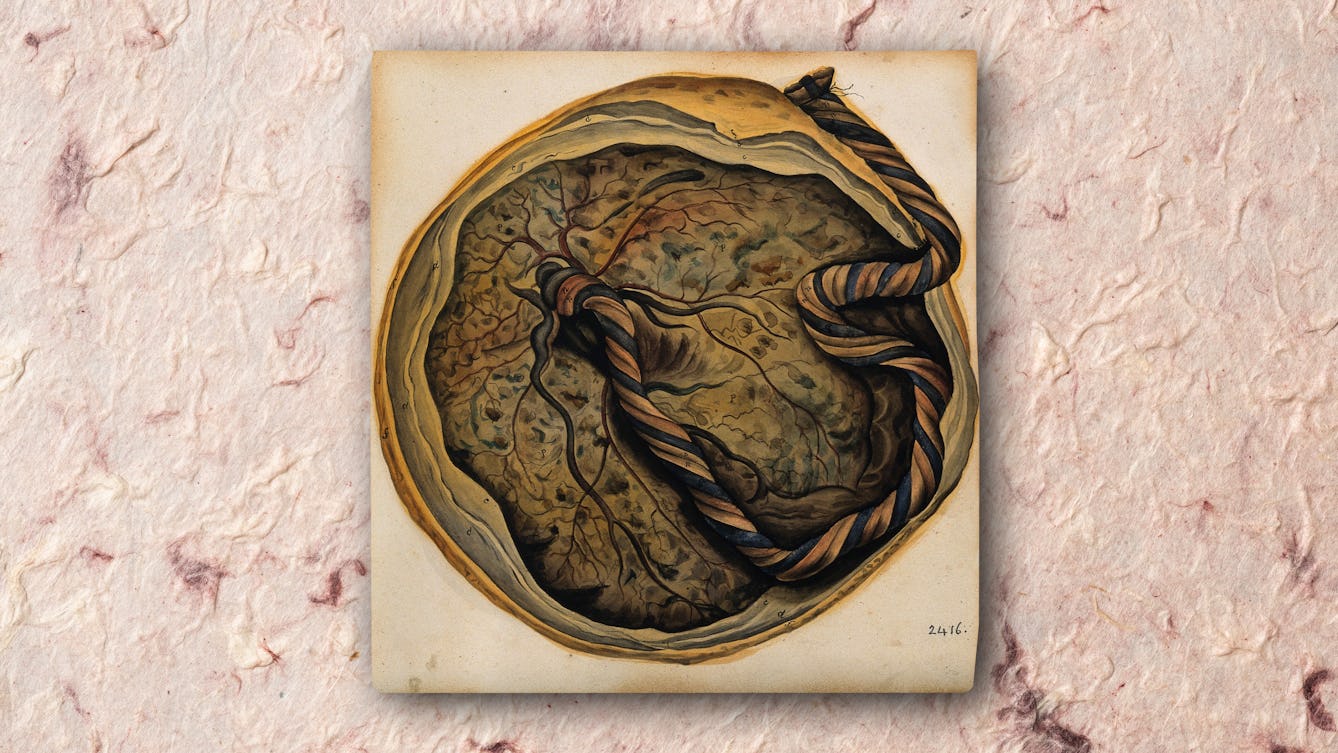
- Article
- Article
Womb milk and the puzzle of the placenta
A human baby needs milk to survive – and this holds true even before it’s born. Joanna Wolfarth explores “womb milk”, as well as ancient and modern ideas about the placenta.

- Article
- Article
Acting, disableism and inclusive theatre
Deaf theatre director Jenny Sealey discusses inclusivity, community and the resilience of disabled actors.

- Article
- Article
My mother, and metaphors of a pandemic
A pandemic. Two members of one family, living thousands of miles apart. And months of calls and messages that helped them grow closer.
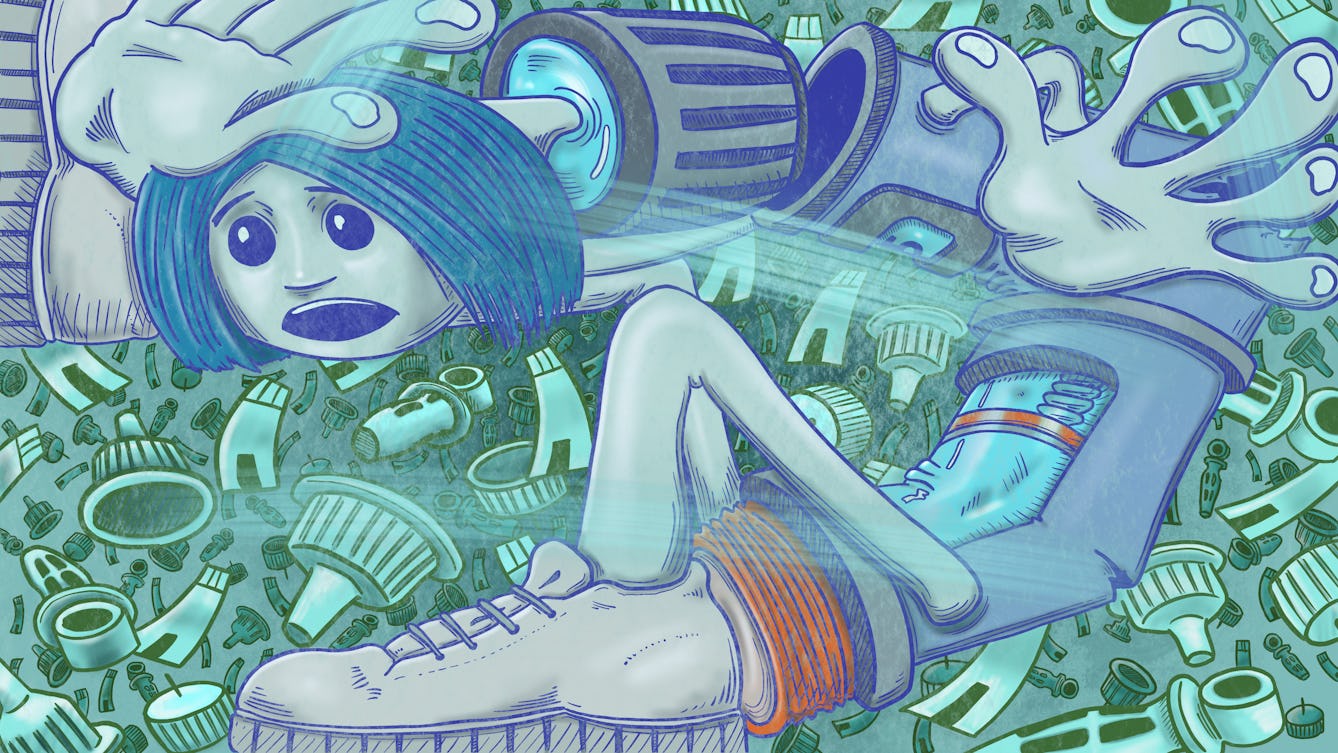
- Article
- Article
Abandoning daydreams of a life without diabetes
After years of longing for a cure for her type 1 diabetes, Daisy Watson Shaw, partly due to medical advances in managing the condition, has reached a state of acceptance. Her wishes now are for greater understanding.

- Article
- Article
How can we prevent violence?
Evidence shows that strategies to prevent some types of violence can be very effective, while other, less well-acknowledged forms continue unabated. But hope can still guide us into a more peaceful future.
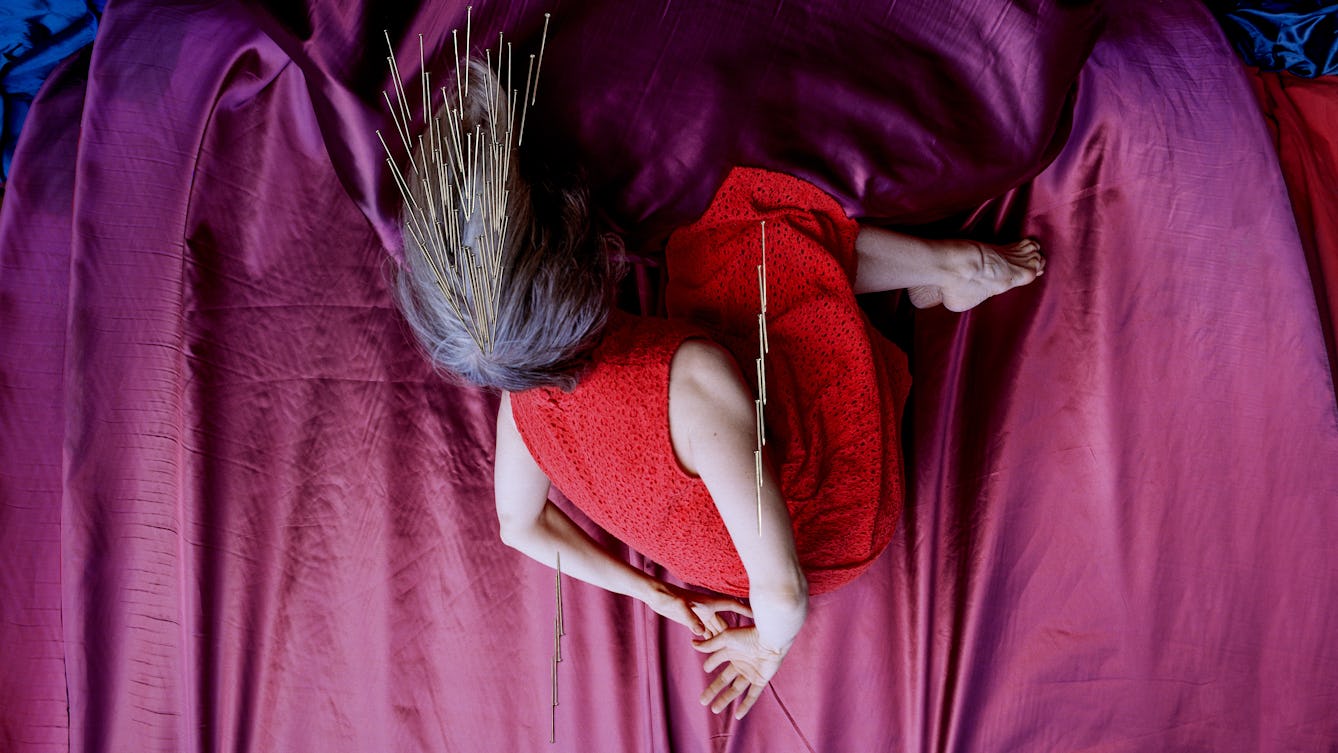
- Article
- Article
Are people born violent?
Laura Bui explores how the nature vs nurture debate applies to those who commit homicide.
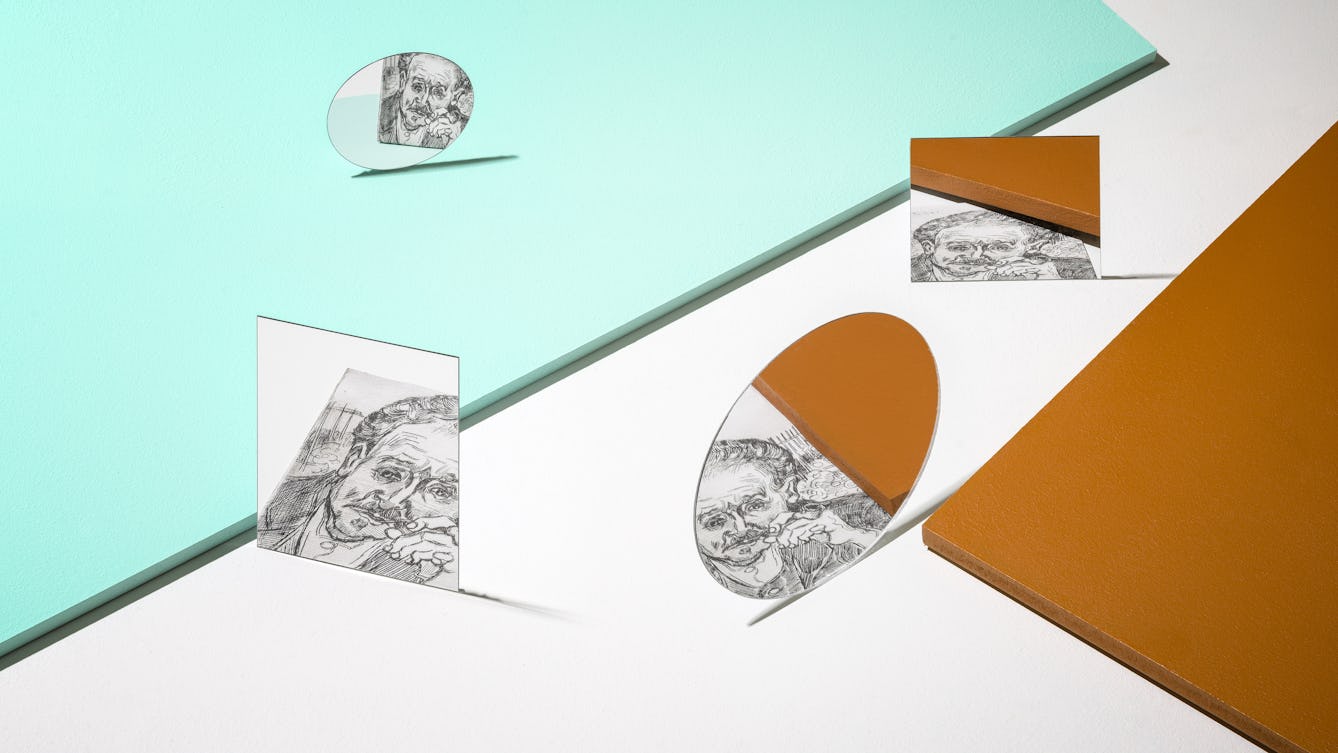
- Article
- Article
Reversing the psychiatric gaze
Nineteenth-century psychiatrists were keen to categorise their patients’ illnesses reductively – by their physical appearance. But we can see a far more complex picture of mental distress, revealed by those patients able to express their inner worlds in art.

- Article
- Article
Mask, ritual and fertility
Today many of us learn about fertility, conception and pregnancy online. But that wasn’t always the way. Discover how masks and rituals played an important educational role.

- Article
- Article
Medics and the bomb
Would a nuclear attack on the UK overwhelm the NHS? At the height of the Cold War, despite government optimism, medics predicted doom.

- Article
- Article
Disability, education and prejudice
In the 1960s and 1970s, thalidomide survivors had to fight for a proper education. If they weren’t brought up in institutions, they were often viewed as objects of curiosity, encountering verbal and sometimes physical abuse, both at school and in the world beyond.

- Article
- Article
Migraine, creativity and me
Novelist Lydia Ruffles explores how migraine has made her mind stretch, shrink, widen and change, and how it’s influenced her art.
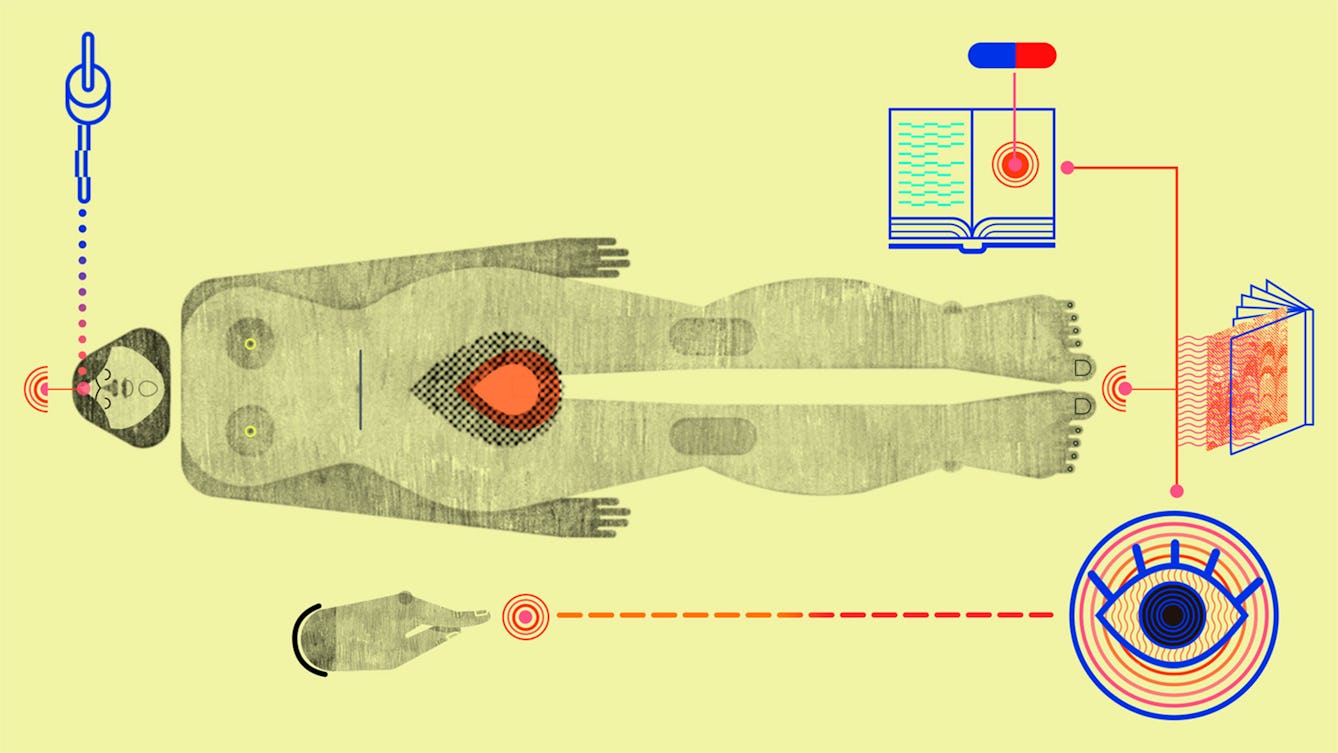
- Article
- Article
Acid and the sexual psychonauts
How LSD fuelled one woman’s journey of sexual self-discovery in the late 1950s.
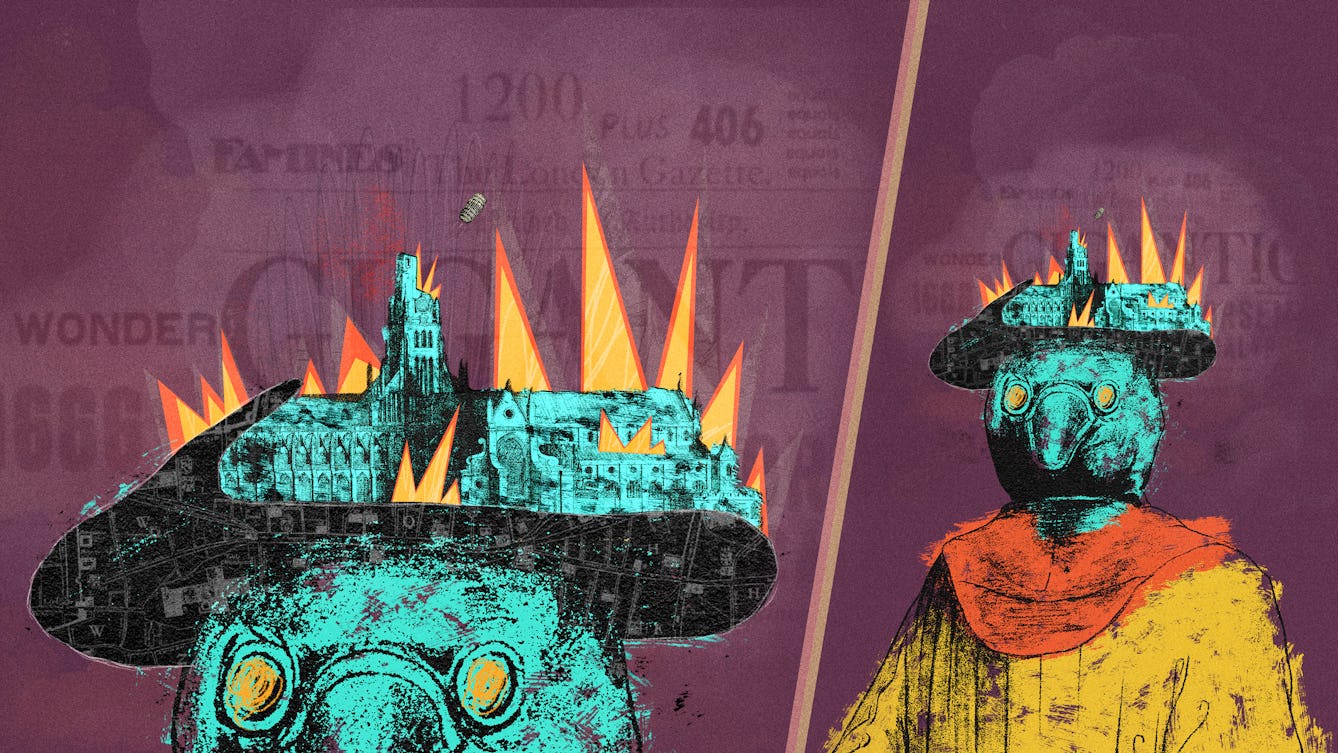
- Article
- Article
Devilry and doom in 1666
Disastrous events and a significant combination of numbers signalled the end – or perhaps a new beginning – in 1666. But for some, this feverish period fuelled unprecedented inventiveness and development.

- Article
- Article
Chemical highs and psychedelic research
Could recreational drugs make you happy? Kate Wilkinson explores why keen clubber Simon believes taking psychedelics has helped him develop as a person.
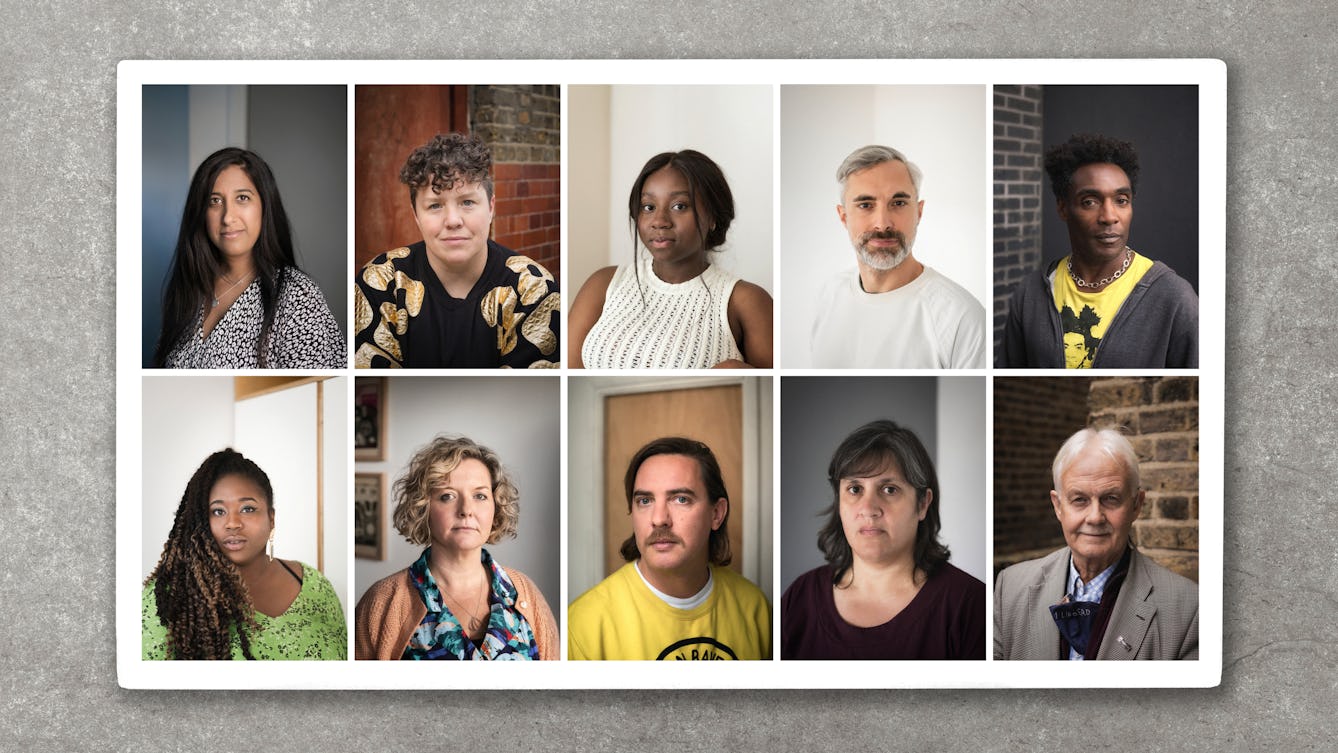
- Article
- Article
Care, creativity and a connected world
Find out about the challenges Wellcome Collection has faced during the last very demanding year.
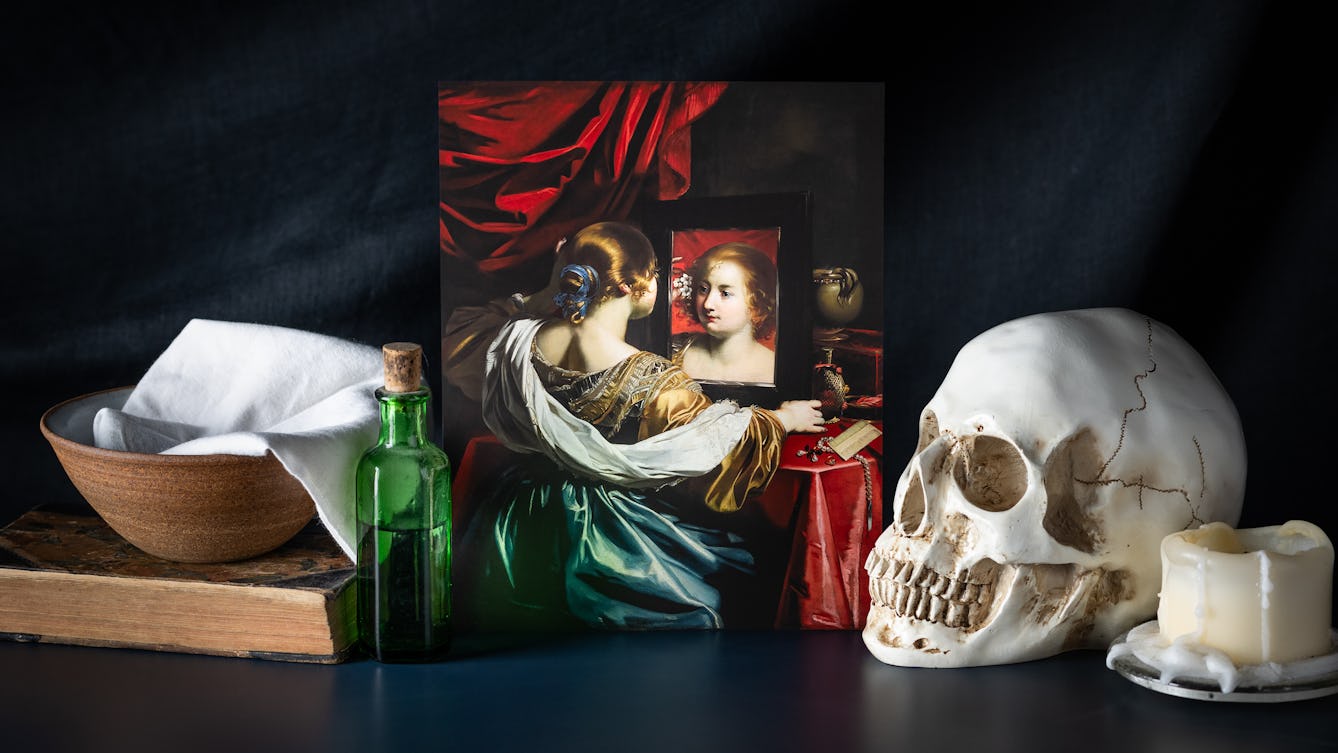
- Book extract
- Book extract
Renaissance women and their killer cosmetics
In this extract from ‘How to be a Renaissance Woman’, Jill Burke delves into a complex world of beauty products, poison and patriarchy – and reveals the impossible contradictions of femininity faced by 16th-century women.

- Photo story
- Photo story
Beautiful bedding and how to die well
When you are unwell, your bed can be both a refuge and a prison. Discover how artist Poppy Nash created a bed-centred artwork inspired by her own chronic illness and depictions of ill health from history.
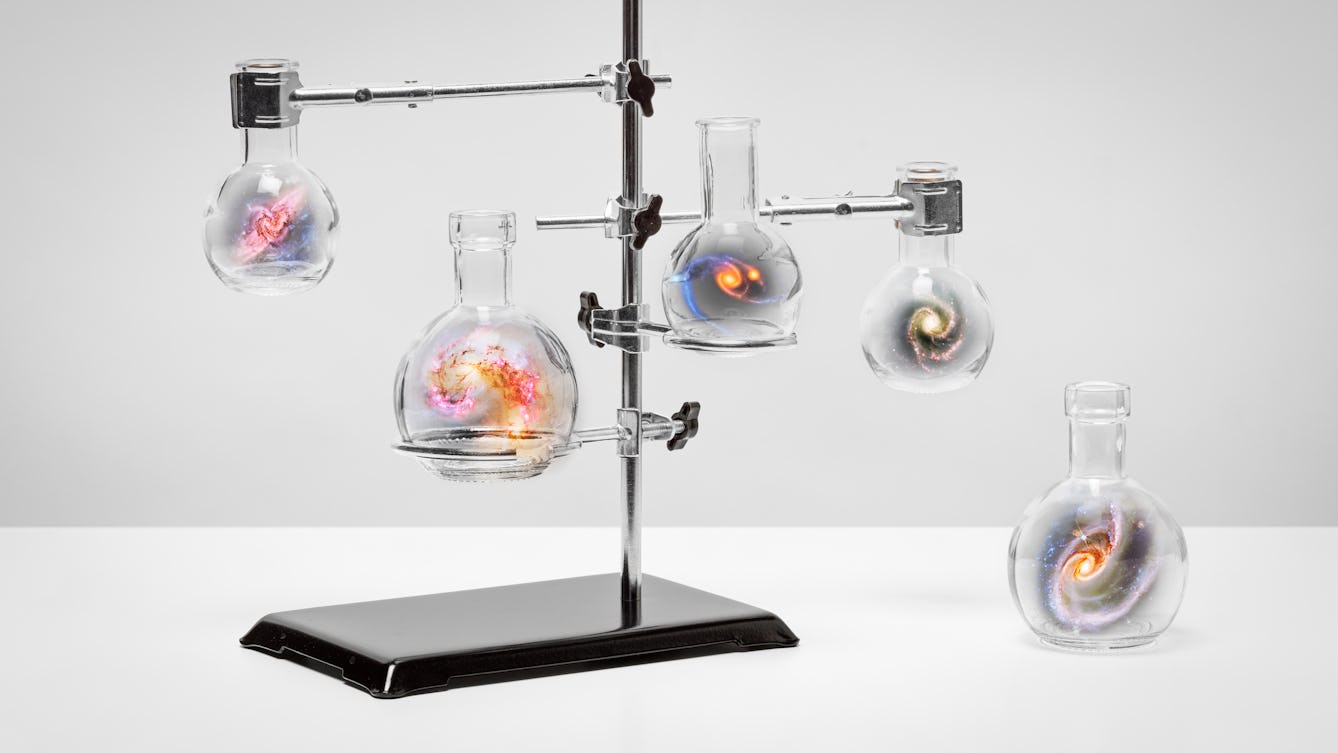
- Article
- Article
Illness and the influence of the stars
Could alien germs from space have caused major pandemics across the world? Taras Young investigates the ideas of a few unconventional scientists who believe this to be the case.
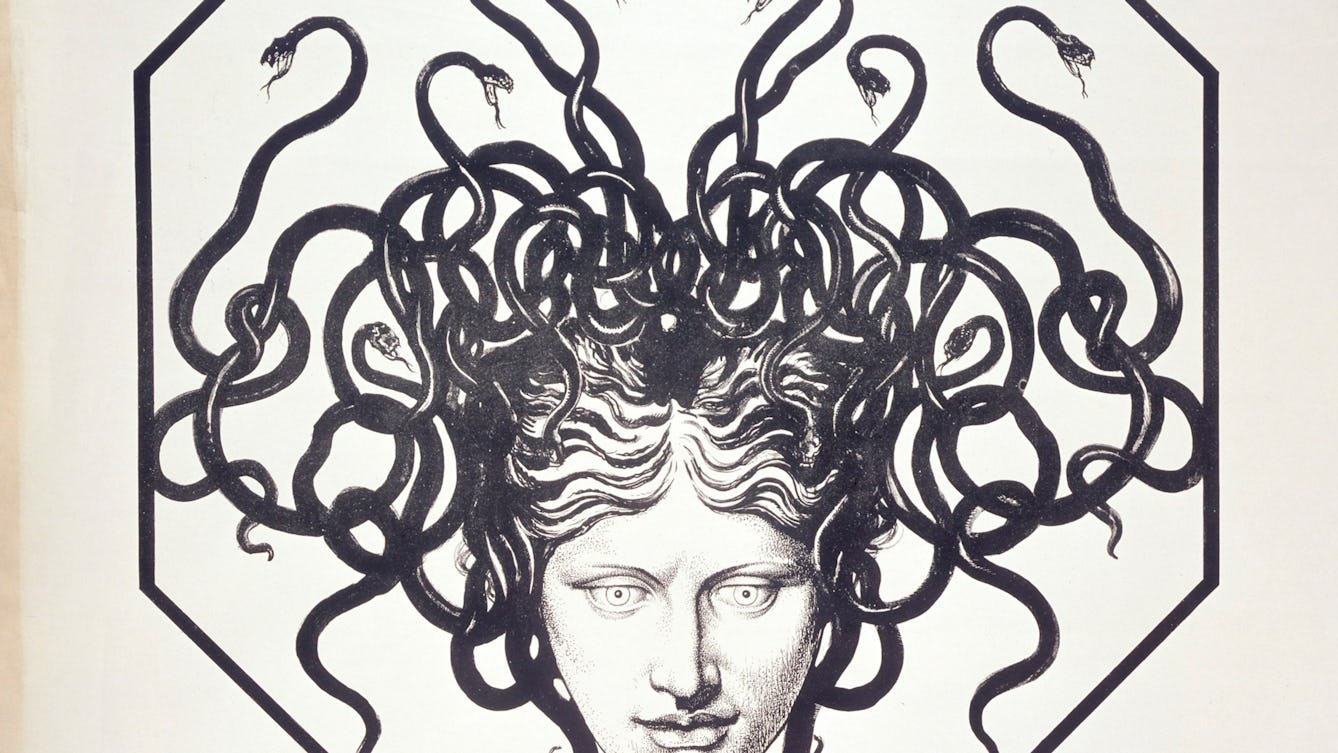
- Article
- Article
Tragic artists and their all-consuming passions
Does having a debilitating disease help or hinder creative genius?

- Long read
- Long read
Primodos, paternalism and the fight to be heard
Journalist Florence Wildblood examines the case of Primodos – a conveniently quick but risky hormone pregnancy test that was prescribed in the 1960s and ’70s – and profiles two women at the story’s shocking heart.

- Article
- Article
Lustmord and the three perspectives of murder
Artist Jenny Holzer's work shines a light on the three perspectives of sexual murder: the victim, the perpetrator and the observer.

- Article
- Article
What is air, and how do we know?
Watching bubbles in fermenting beer led 18th-century scientist Joseph Priestley to invent sparkling water – and to discover that different gases make up the air we breathe.

- Article
- Article
Chronic illness and the pressure to get well
When she was ill, Naomi Morris assumed she was on a straightforward journey from sickness to health. But what if our experiences of mental distress and ill health aren’t that neat?
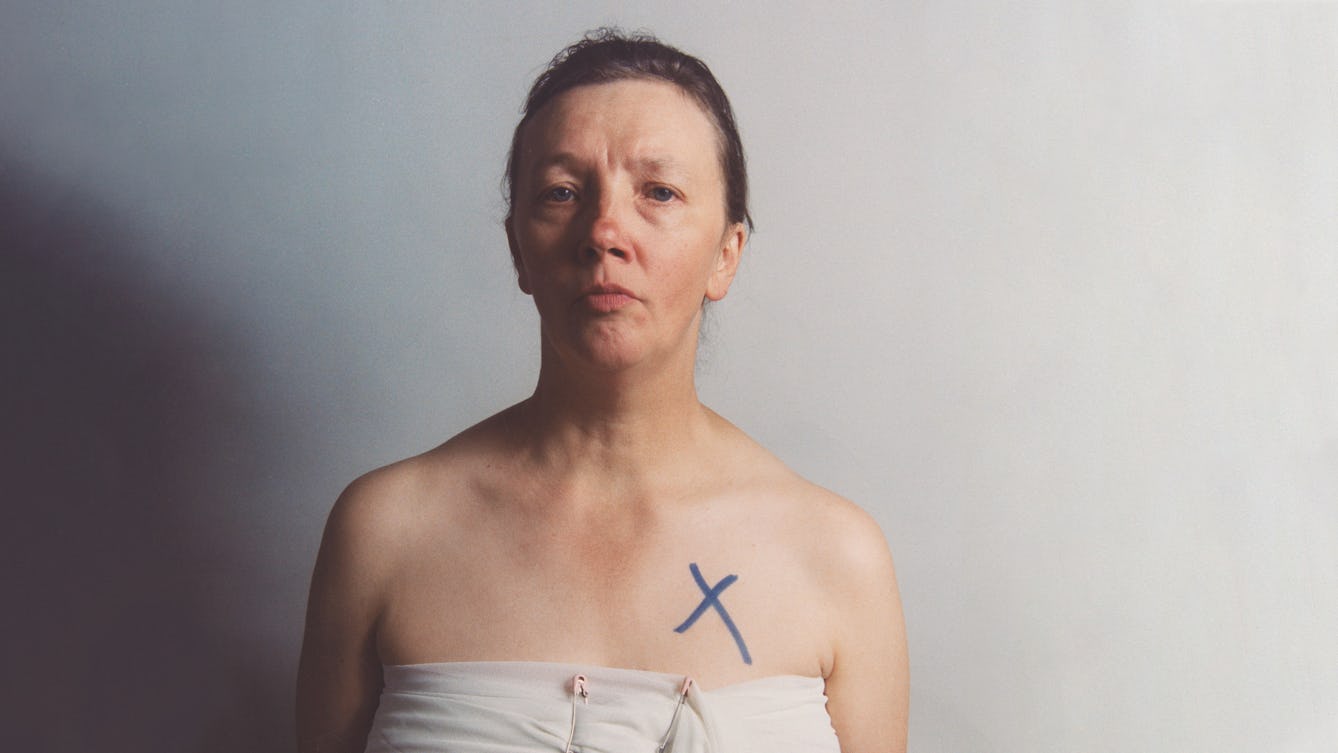
- Article
- Article
Pain, politics and the power of photography
Art historian Giulia Smith explains what she most admires in the work of Jo Spence and Oreet Ashery, and how their approach makes illness political.

- Book extract
- Book extract
Tracing the roots of our fears and fixations
Kate Summerscale explores the history of our anxieties and compulsions, and the new phobias and manias that are always emerging.